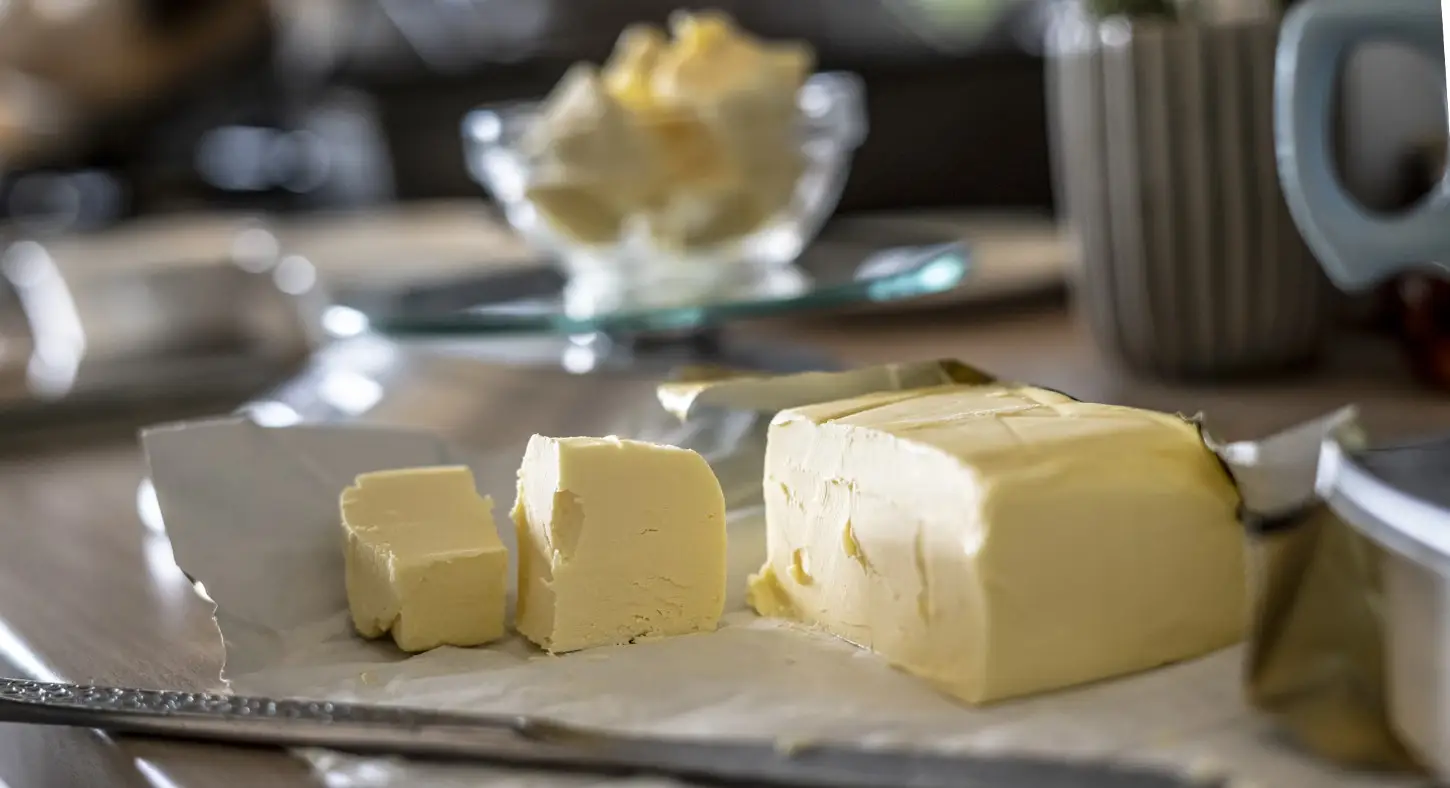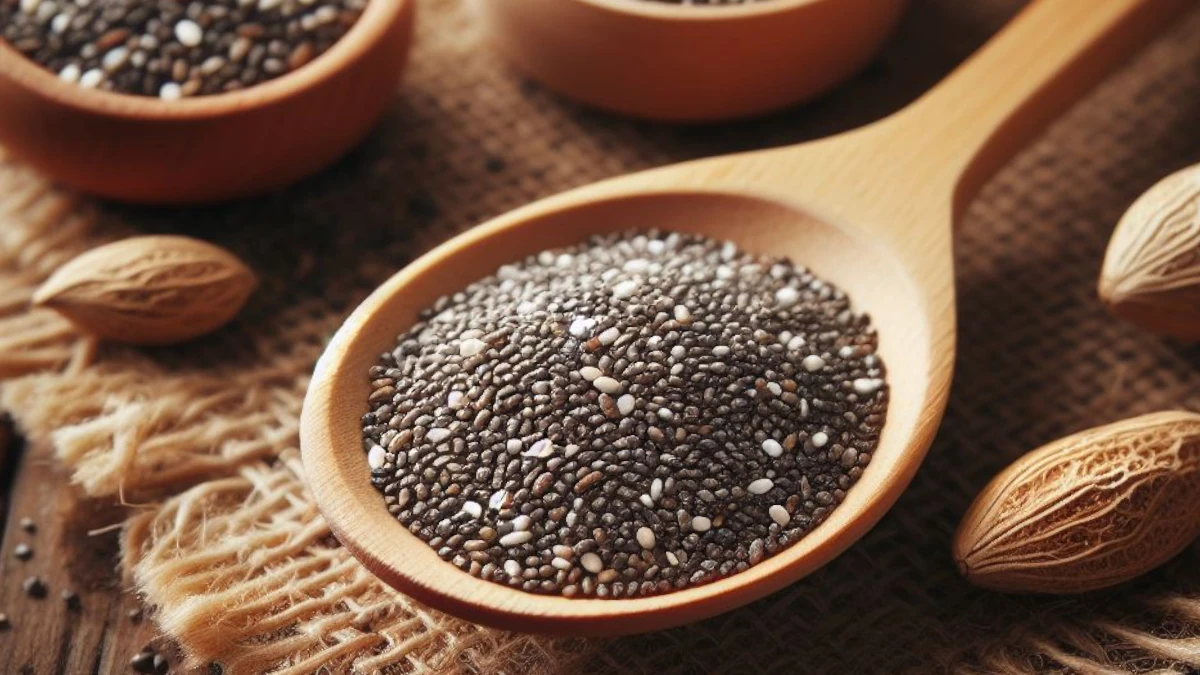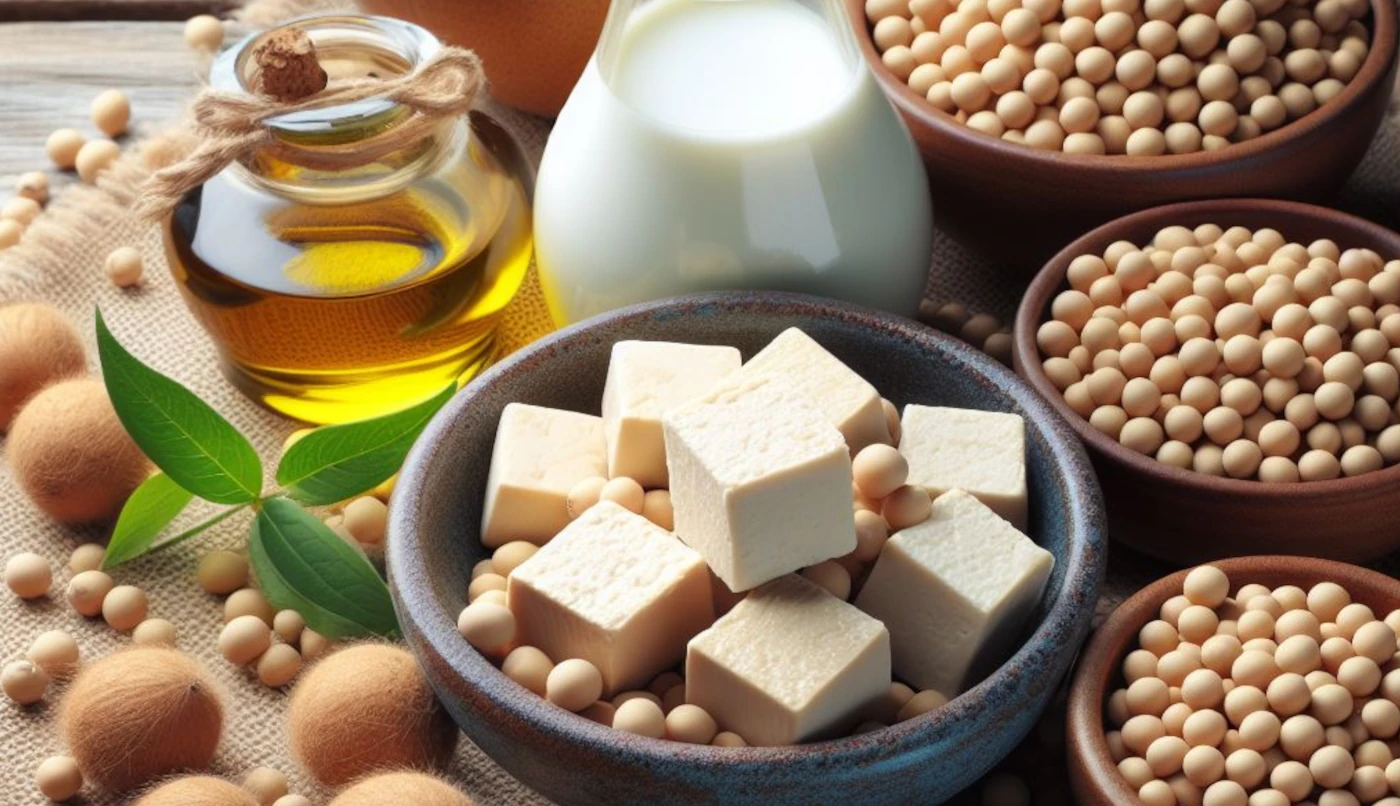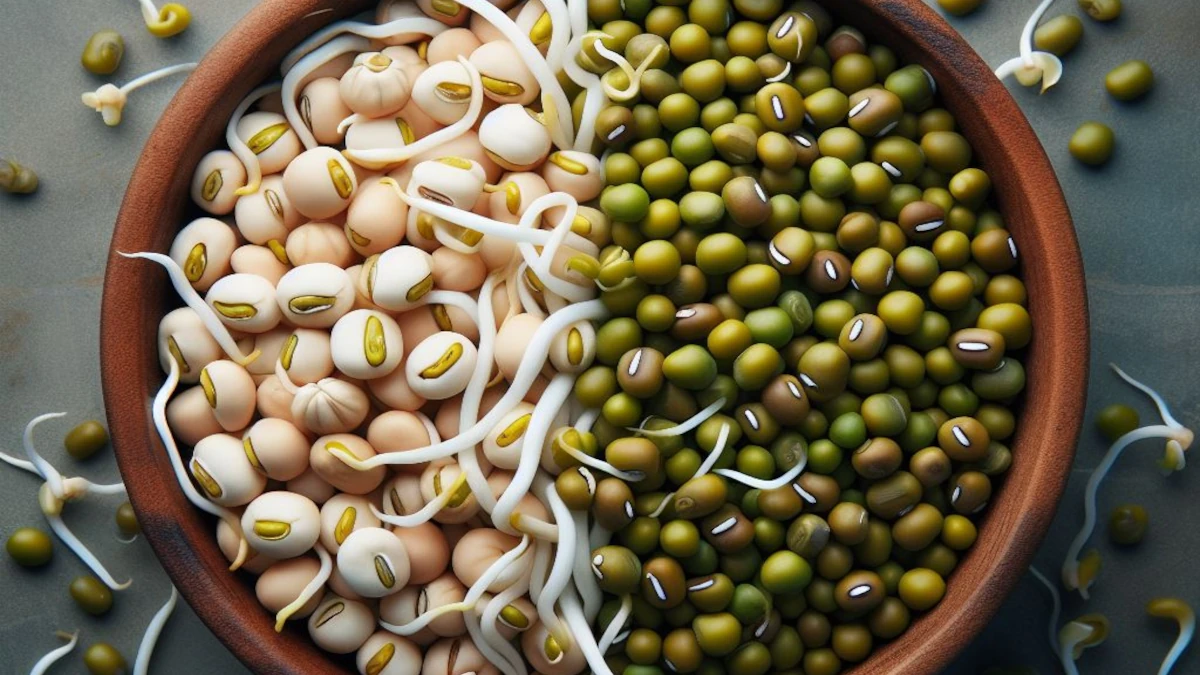Butter Lysine and Arginine Info Sheet
Overview
Butter is a solid fat that is made from churning cream or milk.It has a rich, buttery flavor and a smooth, creamy texture. It is often used as a spread on bread, toast, or muffins, or as an ingredient in baking, cooking, or sauces.
Butter is very high in fat, saturated fat, and cholesterol, and low in protein, calcium, and vitamin A compared to other dairy products.
It is also high in calories and contains trans fat, which can increase the risk of heart disease and stroke.
It should be used sparingly or replaced with healthier alternatives.
| Name | Lysine (mg/100g) | Arginine (mg/100g) | Ratio |
|---|---|---|---|
| Butter | 64mg | 29mg | 2.25 |
Butter contains 64mg of Lysine and 29mg of Arginine per 100g of product.
This means Butter has a very high Lysine-Arginine ratio of 2.25.
Because Butter contains much higher levels of lysine than arginine, it is highly recommended for people who suffer from herpes, as it may prevent outbreaks.
Lysine Considerations
Butter is a poor source of lysine, an essential amino acid that is important for protein synthesis, collagen formation, and immune function.
Lysine also helps prevent cold sores caused by the herpes simplex virus.
Lysine has the potential to prevent or treat cold sores, which are blisters caused by the HSV-1 virus, also known as herpes.
Lysine operates by slowing down the proliferation of HSV-1, which relies on another amino acid, arginine, to reproduce and infect cells.
Lysine can only be acquired through our diet, and is present in different high-protein foods such as eggs, dairy products, fish, meat and poultry.
Arginine Considerations
Butter is also a poor source of arginine, another essential amino acid that is involved in wound healing, nitric oxide production, and growth hormone secretion.
Arginine may also improve blood flow, lower blood pressure, and enhance sexual function.
Arginine has different benefits for our wellbeing and performance, such as lowering blood pressure, enhancing wound healing, and increasing exercise endurance.
Arginine can also affect the herpes virus, which causes cold sores and genital herpes.
Studies suggest that arginine may help the virus grow and cause outbreaks, so people with herpes may want to avoid foods that are high in arginine or take lysine supplements to block its effects.
Lysine-Arginine Ratio
Butter has a high lysine-arginine ratio, which means that it has more lysine than arginine.
This may be beneficial for people who suffer from herpes outbreaks, as lysine can inhibit the replication of the virus, while arginine can stimulate it.
However, the lysine-arginine ratio is not the only factor that affects herpes infection, and other dietary and lifestyle factors should also be considered.
The herpes simplex virus, which causes oral and genital herpes, needs arginine to multiply and infect cells.
Lysine, on the other hand, can interfere with the absorption of arginine in the intestine, and thus limit the availability of arginine for the virus.
By eating a diet higher in lysine than arginine, one may be able to prevent or treat herpes flare-ups.
Foods that have a high lysine-arginine ratio include dairy products, fish, poultry, fruits, and vegetables.
These foods can supply the body with sufficient lysine to compete with arginine and inhibit the virus from replicating and causing flare ups.
Dietary Considerations
Fats and oils are a type of macronutrient that provide energy and help absorb fat-soluble vitamins.
Cooking oils have no protein and therefore are neutral for lysine and arginine.
Some types of vegetable oils can be healthier to include in your diet, as they can lower cholesterol and inflammation.
Some examples of healthy cooking oils are olive oil, canola oil, and sunflower oil.
Butter and margarine have low amounts of lysine and arginine, but they are not as healthy as cooking oils.
Butter and margarine can increase the risk of cardiovascular diseases and obesity.

For example:
A diverse and nutritious diet that supports your immune system and fights inflammation is essential.
This means you should eat lots of fruits, vegetables, whole grains, lean protein, and healthy fats, and steer clear of processed foods, added sugars, alcohol, and caffeine, which can harm your health.
L-lysine supplementscan help you prevent herpes outbreaks and stop a cold sore before it develops by depriving the virus of arginine, which it needs to form a cold sore.
Taking other food supplements that can improve your immunity and protect your cells from oxidative stress, such as vitamin C, zinc, selenium, and antioxidants.
Your immune system can be weakened and inflammation can be increased by foods that can cause allergic reactions or sensitivities, such as gluten, dairy, nuts, eggs, or shellfish.
Avoid these foods to avoid outbreaks.
Pain, swelling, and itching can be reduced by eating foods that have anti-inflammatory, antiviral, and antibacterial properties, such as honey, yogurt, aloe vera, and chamomile.
These foods can also help you heal faster by promoting tissue repair.
Check more food information






